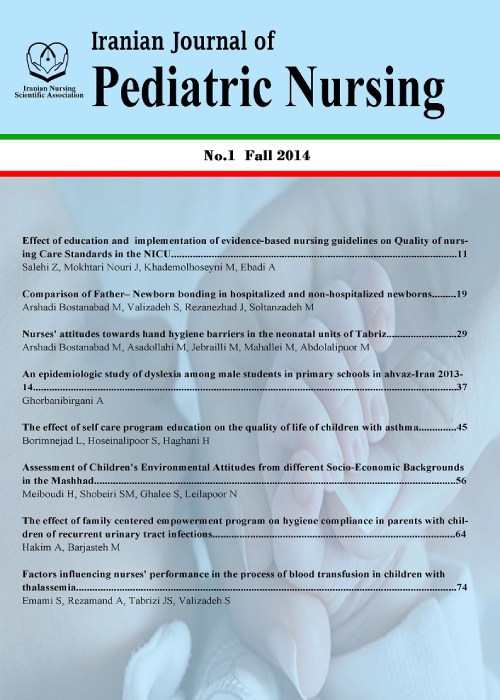The effectiveness of emotion regulation-based cognitive therapy on impulsivity and aggression of students with behavioral problems
Behavioral problems are a complex set of emotional, cognitive and behavioral problems, which are characterized by a lack of control and non-adherence to moral and social principles and behavioral disorders in a desirable way in society. Therefore, the aim of this study was to investigate the effectiveness of cognitive therapy based on emotion regulation on impulsivity and aggression of students with behavioral problems.
The method of the present study was a semi-interventional pretest-posttest design with a control group. The statistical population was all male and female students in the second grade of elementary school (fourth, fifth, and sixth grade) with behavioral problems in Tabriz. The research sample also included 36 male and female elementary school students with behavioral problems. To select the sample, first from the 3rd education district of Tabriz, three primary schools for girls and three secondary schools for boys were selected in clusters, and the Quay and Peterson Behavioral Problems Questionnaire was completed by the teacher. Among the students who scored high on the Quay and Peterson Behavioral Problems Questionnaire, 36 were selected as the final sample based on the inclusion and exclusion criteria and randomly divided into two experimental groups (18 people) and a control group (18 people) were replaced. To collect data from a revised checklist of behavioral problems, Buss and Perry Aggression Questionnaire (1992) and Barratt Impulsivity Scale (1994) were used.
Cognitive therapy based on the emotional regulation of aggression and impulsivity in children in the intervention group is significant (P <0.001); According to ETA square in each of the variables of aggression (physical, verbal, anger, and hostility) 0.40, 0.260, 0.196 and 0.221, respectively, and impulsivity (lack of planning, motor and cognitive), respectively. 0.270, 0.283, and 0.251% of the changes are explained according to cognitive therapy based on emotion regulation.
Cognitive therapy based on emotion regulation is effective in reducing impulsivity and aggression in children with behavioral problems.
- حق عضویت دریافتی صرف حمایت از نشریات عضو و نگهداری، تکمیل و توسعه مگیران میشود.
- پرداخت حق اشتراک و دانلود مقالات اجازه بازنشر آن در سایر رسانههای چاپی و دیجیتال را به کاربر نمیدهد.


